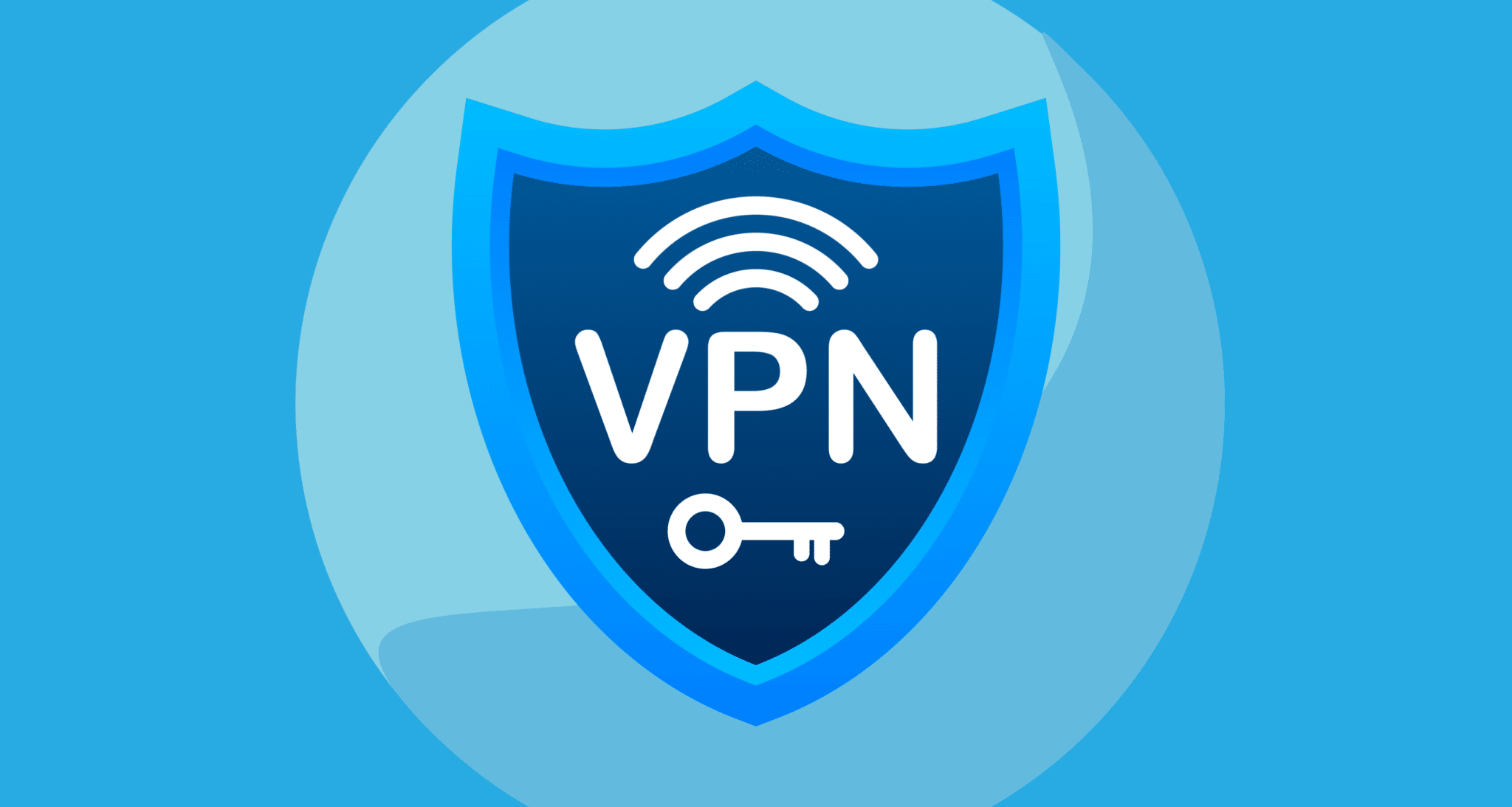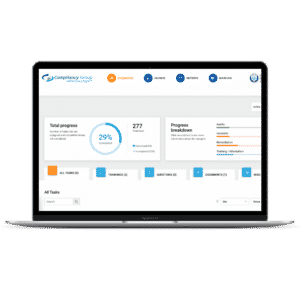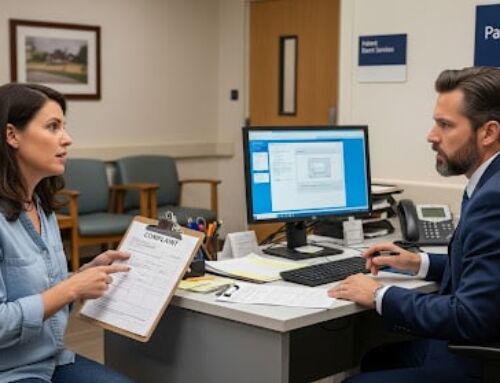
A virtual private network (VPN) is a network technology that securely connects two or more devices over the internet. VPNs are commonly used to protect internet traffic from interception, snooping, and censorship. VPNs in healthcare can be used to securely access electronic medical records (EMRs) and other patient data from remote locations.
HIPAA compliance refers to the set of regulations that healthcare providers must follow to protect PHI. HIPAA regulations require healthcare providers to implement reasonable and appropriate administrative, physical, and technical safeguards to protect PHI. VPN solutions can be an important part of these safeguards, as they provide a secure and encrypted connection between remote devices and healthcare networks. It is important to find the best VPN solution for HIPAA compliance within your healthcare organization
What Are HIPAA VPN Requirements?
HIPAA regulations do not specifically require healthcare providers to use VPN solutions. However, the regulations do require healthcare providers to implement reasonable and appropriate technical safeguards to protect PHI.
Is VPN HIPAA compliant? To be HIPAA compliant, VPN solutions must meet certain encryption requirements. HIPAA VPN encryption requirements dictate that all electronic protected health information (ePHI) be encrypted in transit and at rest.
Additionally, VPN solutions must be configured to authenticate users and devices. HIPAA requires that healthcare providers implement procedures to verify that a person or entity seeking access to PHI is the one claimed. Therefore, VPN solutions must be configured to require strong passwords and/or two-factor authentication to ensure that only authorized users and devices can access PHI.
Understanding HIPAA VPN Encryption Requirements
When data is transmitted over a VPN, it is encrypted before it leaves the sender’s device and decrypted when it arrives at the receiver’s device. This ensures that PHI is protected from interception and snooping.
To be HIPAA compliant, VPN solutions must use strong encryption algorithms, such as AES-256 (Advanced Encryption System). This encryption algorithm is considered to be one of the most secure encryption algorithms available today. HIPAA also requires that healthcare providers implement procedures to ensure that encryption keys are kept secure and that encryption is applied to all electronic PHI, including emails and attachments.
Choosing the Best VPN for HIPAA Compliance
Choosing the best VPN solution for HIPAA compliance can be a daunting task. There are many factors to consider, including encryption strength, authentication requirements, and ease of use.
To help healthcare providers choose the best VPN solution for their needs, here are some tips:
- Look for VPN solutions that offer strong encryption algorithms.
- Look for VPN solutions that offer two-factor authentication or other strong authentication methods to ensure that only authorized users and devices can access PHI.
- Look for VPN solutions that are easy to use and configure, as this can reduce the risk of errors and misconfigurations.
- Look for VPN solutions that offer auditing and monitoring capabilities, as this can help healthcare providers detect and respond to security incidents.
- Look for VPN solutions that sign business associate agreements (BAAs).
Benefits of Using a HIPAA Compliant VPN in Healthcare
Using a HIPAA compliant VPN can provide many benefits for healthcare providers.
Here are some of the main benefits:
- Secure remote access to PHI: VPN solutions can provide secure and encrypted access to EMRs and other patient data from remote locations, such as home offices or on the go.
- Compliance with HIPAA regulations: Using a HIPAA compliant VPN can help healthcare providers meet the technical safeguard requirements of HIPAA regulations.
- Reduced risk of data breaches: VPN solutions can help reduce the risk of data breaches by encrypting data in transit and at rest.
- Improved productivity: Using a VPN can improve productivity by allowing healthcare providers to access patient data from remote locations.
Risks of Using Non-compliant VPN Solutions in Healthcare
Using non-compliant VPN solutions in healthcare can pose significant risks to patients and healthcare providers.
Here are some of the main risks:
- Data breaches: Non-compliant VPN solutions can be vulnerable to interception and snooping, which can lead to data breaches and exposure of PHI.
- Non-compliance with HIPAA regulations: Using non-compliant VPN solutions can result in non-compliance with HIPAA regulations, which can lead to fines and other penalties.
- Loss of trust: Data breaches and non-compliance with HIPAA regulations can lead to loss of trust from patients and other stakeholders.
- Legal liability: Healthcare providers can be held legally liable for data breaches and other security incidents resulting from the use of non-compliant VPN solutions.
Implementing a HIPAA Compliant VPN Solution in Healthcare
Implementing a HIPAA compliant VPN solution in healthcare can be a complex process.
Here are some steps that healthcare providers can take to implement a HIPAA compliant VPN solution:
- Conduct a risk assessment: Healthcare providers should conduct a risk assessment to identify the risks to PHI and the vulnerabilities in their current VPN solutions.
- Select a HIPAA compliant VPN solution: Healthcare providers should select a VPN solution that meets the encryption and authentication requirements of HIPAA regulations.
- Configure the VPN solution: Healthcare providers should configure the VPN solution to ensure that it meets the authentication, encryption, and other requirements of HIPAA regulations.
- Train employees: Healthcare providers should train employees on the proper use of the VPN solution and the risks associated with non-compliance.
- Audit and monitor: Healthcare providers should audit and monitor the VPN solution to ensure that it remains HIPAA compliant and to detect and respond to security incidents.
Ultimately, protecting patient data is a critical responsibility for healthcare providers. HIPAA compliant VPN solutions can be an important part of this responsibility, providing secure and encrypted access to EMRs and other patient data from remote locations. By implementing a HIPAA compliant VPN solution, healthcare providers can reduce the risk of data breaches, meet the technical safeguard requirements of HIPAA regulations, and improve productivity.
However, healthcare providers must also be aware of the risks associated with non-compliant VPN solutions and take steps to ensure their VPN solutions remain HIPAA compliant. By following the best practices for HIPAA VPN implementation, training, auditing, and monitoring, healthcare providers can protect their patients’ personal and medical information and maintain compliance with HIPAA regulations.










